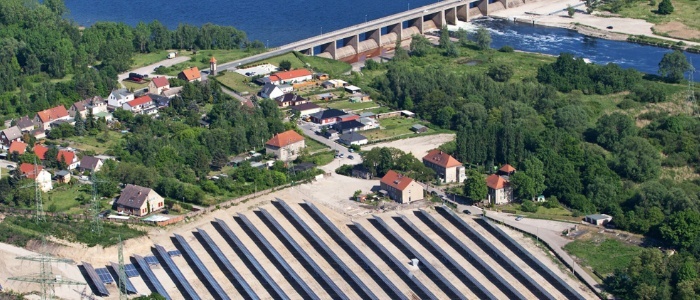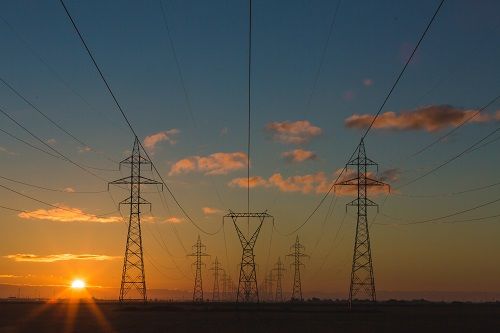Full storage facilities, high temperatures, thrifty consumers and an abundant supply of liquefied petroleum gas have driven energy prices down again in recent weeks. Although the situation remains tense against the backdrop of the Ukraine war and the approaching winter, "In our estimation, the easing of electricity prices in particular will continue for a while", explains Markus W. Voigt, CEO of the aream Group.
The electricity price has been on a rollercoaster this year. On the EPEX spot market (day-ahead auction), the MWh cost an average of 145 euros in the first week of the year, already more than twice as much as at the beginning of 2021. The Russian invasion of Ukraine and the resulting rise in gas prices briefly drove electricity up to 300 euros shortly after the start of the war. In the average month of March, the price was still around 250 euros, almost twice as high as in February. In the following two months, the price of electricity fell to an average of 180 euros in May.
But then a brilliant rise began: in the 34th calendar week at the end of August, a weekly peak of almost 590 euros was reached in Germany, and on 26 August the daily average was even around 730 euros. The monthly average was 465 euros. However, this was still less than in some neighbouring countries: for example, the average electricity price in France in July was already 400 euros, in Austria 360 euros were due. In August, the average prices in both countries almost reached the 500 euro mark and exceeded the German prices by about seven percent.
Since then, the situation has calmed down considerably, which is partly due to the sharp drop in the price of gas. On a monthly average, the exchange price for gas in Germany fell by 65 percent between August and October. In the first days of November, the price dropped by almost 70 percent. Parallel to this, the price of electricity also fell: the spot market recorded a further drop of around 60 percent in October. At the beginning of November, a MWh in Germany cost around 100 euros again. The German government's decision to keep the three German nuclear power plants in stretch operation until April 2023 also contributed to this decline. Thus, a larger supply of electricity lowers the price. In addition, the stable operation of renewables has a positive effect.the federal and state governments agreed on a cap for electricity and gas prices. Thus, a larger supply of electricity lowers the price. In the neighbouring countries of France and Austria, however, the price premium compared to Germany has remained unchanged; there, the exchange price was recently 25 to 40 percent higher than the German price.
In view of the uncertainties in the wake of the Ukraine war and the coming winter, the all-clear cannot yet be given for consumers. "But for the time being we don't expect any strong price spikes like in the summer", said Voigt. On the contrary, the calm on the market could continue for a while.
PRESSEKONTAKT:
Leandra Kiebach
T: +49 (0)211 30 20 60 4-2
E: lk@aream.de


